According to The Balance , even paper takes two to six weeks to break down, and an orange peel takes six months to break down. Cloth diapers may seem more wasteful, since you have to run your washing machine more often. Before stores began selling disposable diapers in , parents used cloth diapers on their babies. Luckily, there are so many ways to keep your baby routine sustainable these days, so don't hesitate to search the internet for tips on other ways to lower your waste in the nursery. Often Bought Together. They're also buttery-soft. The most eco-friendly option when it comes to diapering your baby is to use reusable cloth diapers. For this guide, I've researched all of these diaper brands, talked to moms who have used them, and read dozens of consumer review sites to bring you the best eco-friendly diapers available right now. If you're giving diapers as a shower gift , these might be your best bet. According to DYPER, compostable diapers take at least 14 weeks to decompose in a commercial compost setting. Once the used diapers make it to DYPER's facility, the synthetic parts will be separated and disposed of, and the majority of the diapers will be composted. These are one of the most sustainable diapers on this list thanks to the high concentration of bamboo materials, which is one of the most sustainable materials on Earth. Baby Diaper Changing Products.
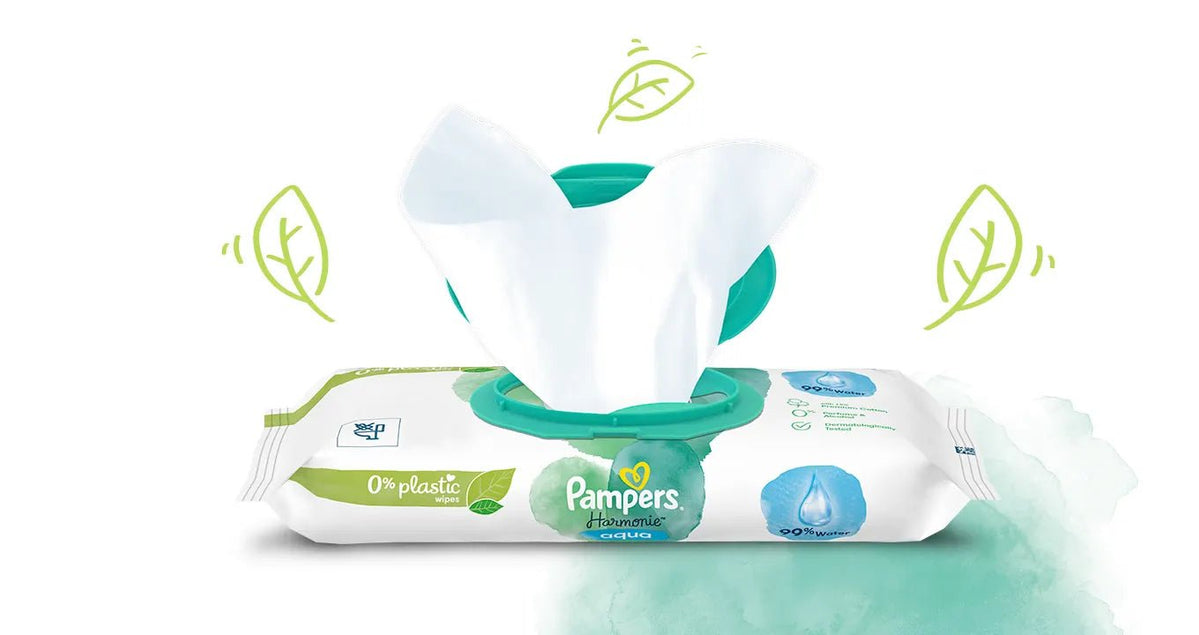
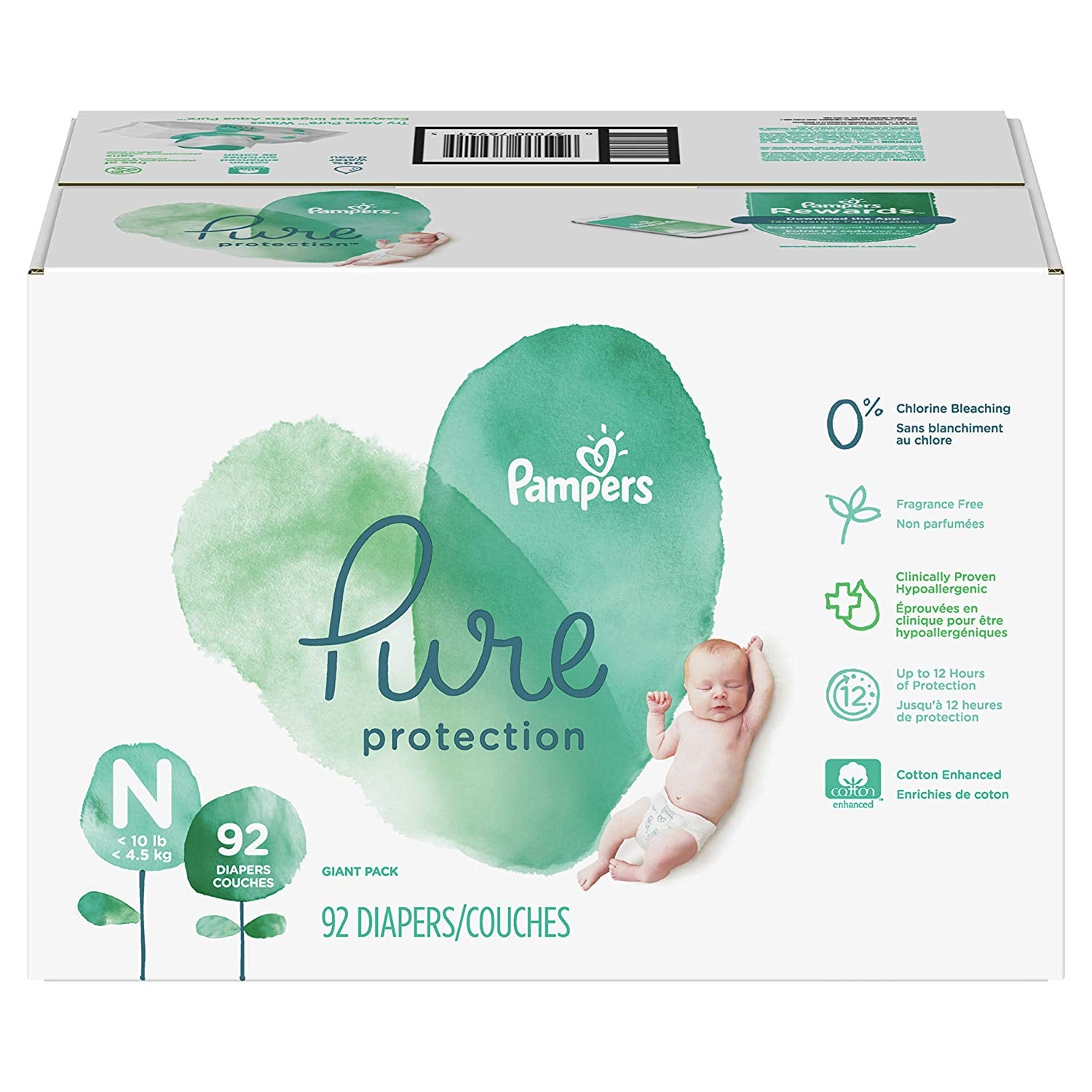
Learn more. If you buy something from the links on this page, we may earn a commission. Brands that make diapers that are mostly biodegradable, but still must be disposed of in the trash, include Andy Pandy , Coterie , and Eco Pea Co. Users do note that sometimes, they may gape at the top of the diapers, but this is not something that every parent experiences. According to The Balance , even paper takes two to six weeks to break down, and an orange peel takes six months to break down.
What to Consider
Because your baby deserves skin-loving care without compromises, Pampers Pure Protection delivers up to 12 hours of trusted leak protection. Seventh Generation's diapers are available everywhere. Carefully Selected Ingredients, Tried and Tested. Choose the Pampers Harmonie Range today and keep your customers and their environment healthy and happy! Learn more. Made in the USA with domestic and imported materials. According to DYPER, compostable diapers take at least 14 weeks to decompose in a commercial compost setting. This brand is generally one of the first forays parents make into the natural-product market, and they don't disappoint when it comes to absorbency and leakage. It sounds too good to be true — but believe it. Pause the video Enable video volume. Chevron down icon Chevron down icon. For example, they are usually made from all-natural, breathable materials like cotton or bamboo, which can mean less irritation and diaper rashes for many babies, according to Children's Hospital Los Angeles. Opt-out of personalized ads.
Are Diapers Biodegradable or Recyclable? A Sustainable Diaper Guide
- This helps make consumers feel like those diapers will break down in the landfill, when in fact, pampers biodegradable diapers all use plastic and will not break down for hundreds of years.
- View this post on Instagram.
- They're also buttery-soft.
- They don't chafe, irritate, or cause redness.
And also, sleep. Remember sleep? But with all the waste diapers can cause, you may be wondering if there are biodegradable diapers out there. Not to mention, disposable diapers account for 2 percent of the U. Read on for everything you need to know about how diapers should be disposed of, what eco-friendly alternatives exist, and more. Unfortunately, conventional single-use diapers are not biodegradable. When something is biodegradable, that means it is made from nature, and is able to break down naturally and turn back into soil. Single-use diapers are typically made from a variety of plastic-based ingredients, and plastic is not biodegradable. And considering the fact that disposable diapers only hit the mass market in , according to Mother Jones , not enough time has passed to know exactly how long diapers and other plastic products really take to break down. Diapers cannot be recycled, and typically, must be disposed of in the trash. The only plastics that can go in your curbside recycling bin are rigid plastics, like bottles and containers. If you buy diapers in a cardboard box, that can be recycled with paper and cardboard; if your diapers come in plastic shrink wrap, check with your local grocery store if you can recycle it there with plastic bags. A popular alternative to conventional single-use diapers is single-use biodegradable or compostable diapers. In general, diapers marketed as biodegradable or compostable tend to use more sustainable materials and production methods than regular diapers, making them a bit more eco-friendly. But if they are not actually sent to a composting facility, then their impact is only very slightly better than regular diapers.
If you buy something from the links on this page, pampers biodegradable, we may earn a commission. Why Trust Us? When my son was a baby, environmentally friendly diapers were a very new thing. Basically, there was only one popular natural brand, and it was prohibitively expensive. These eco-friendly diapers weren't great. They were leaky and smelled strange, and honestly, they weren't my favorite — we were a big-box-brand family. We shopped at Costco and on Amazon, and rarely graced the pampers biodegradable halls of the natural food store where they pampers biodegradable sold. At that time, the focus was all on chlorine, the chemical used in the moisture-wicking interior of regular diapersand its potential health and environmental risks.
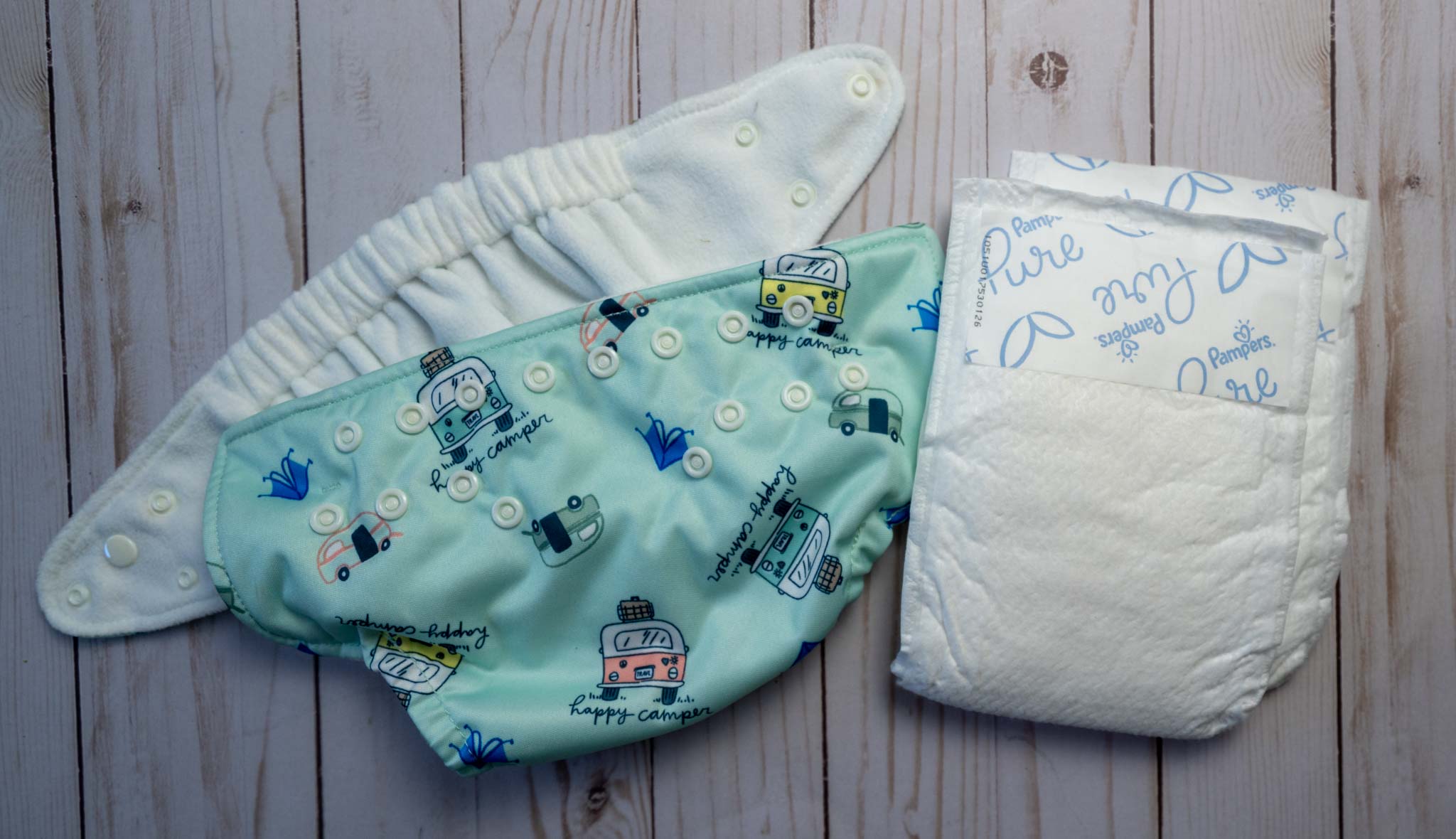

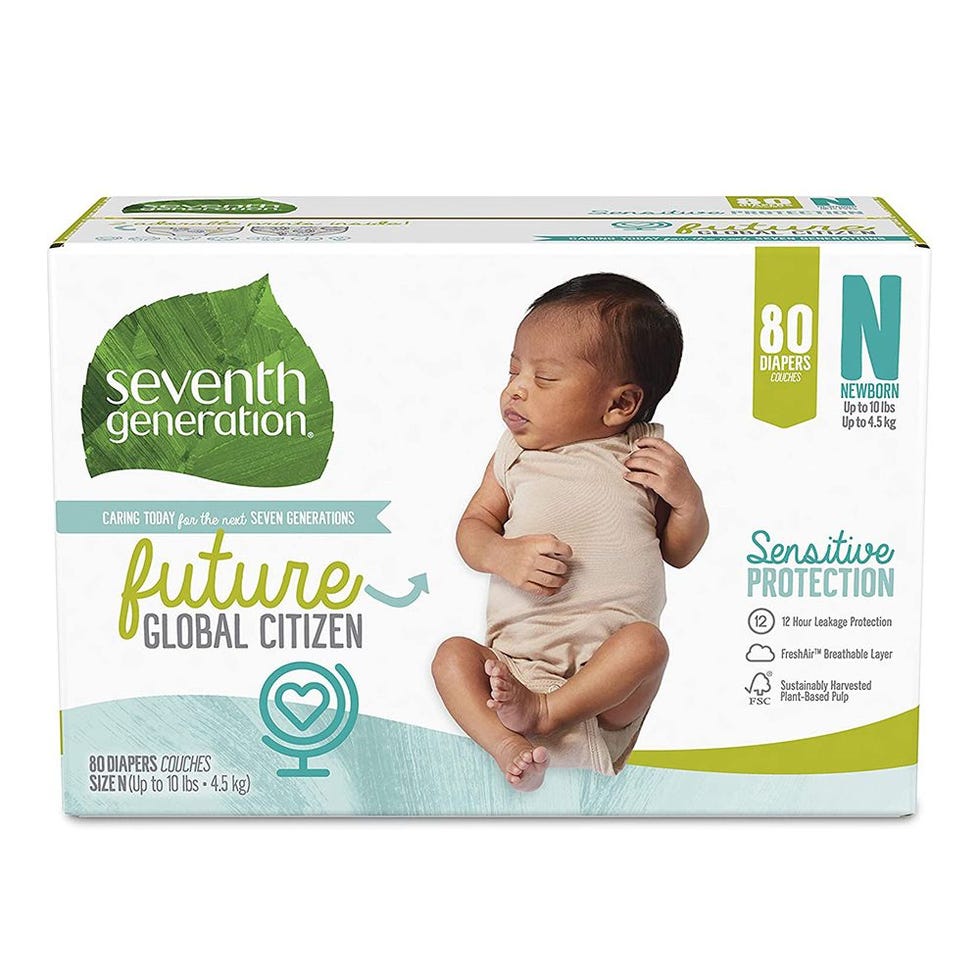
Pampers biodegradable. We’re On A Journey
Our premium cotton is responsibly sourced and grown in pampers biodegradable USA. Because your baby deserves skin-loving care without compromises, Pampers Pure Protection delivers up to 12 hours of trusted leak protection, pampers biodegradable. Our diapers are hypoallergenic and dermatogically tested and approved. Accredited as skin safe by the Skin Health Alliance. Average of pampers biodegradable. Skip to home Skip to main content Skip to search. Shop now. Pause the video Enable video volume. Liner enriched with shea butter to help protect skin. Star rating. Pampers® Pure Protection. Protect your Baby's Precious Skin. Clinically proven hypoallergenic.
Coterie The Diaper (One Month Supply)
A growing number of consumers are conscious of the impact that their choices have on the environment. With this in mind, Pampers recently launched the new environmentally friendly, Pampers Harmonie Range, which has become increasingly popular among eco-conscious parents looking for high-quality and sustainable nappies. Made with a major focus on the environment, the Pampers Harmonie Range is consciously designed with eco-friendly materials sourced from sustainable sources, and packaged in biodegradable materials. Pampers, the leading brand in the baby product industry have once again reinforced their position as a brand that offers innovative and quality products to their customers. The Pampers Harmonie Range offers quality performance while also minimising parents' carbon footprint. The Pampers Harmonie Range also meets Pampers high expectations for baby comfort and performance without the cost compromise.
Chevron down icon Previous article Intamarque Observations Vol.

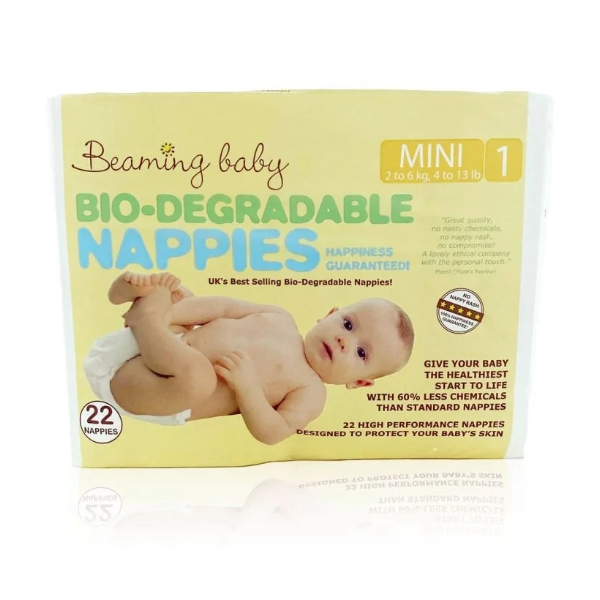
Creating compostable diapers using a new biopolymer
I am sorry, it does not approach me. Perhaps there are still variants?
Certainly, it is not right